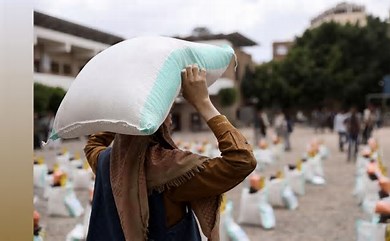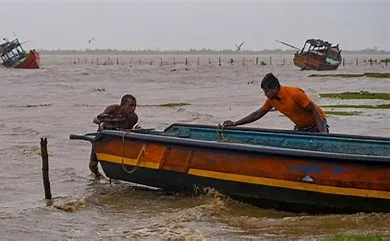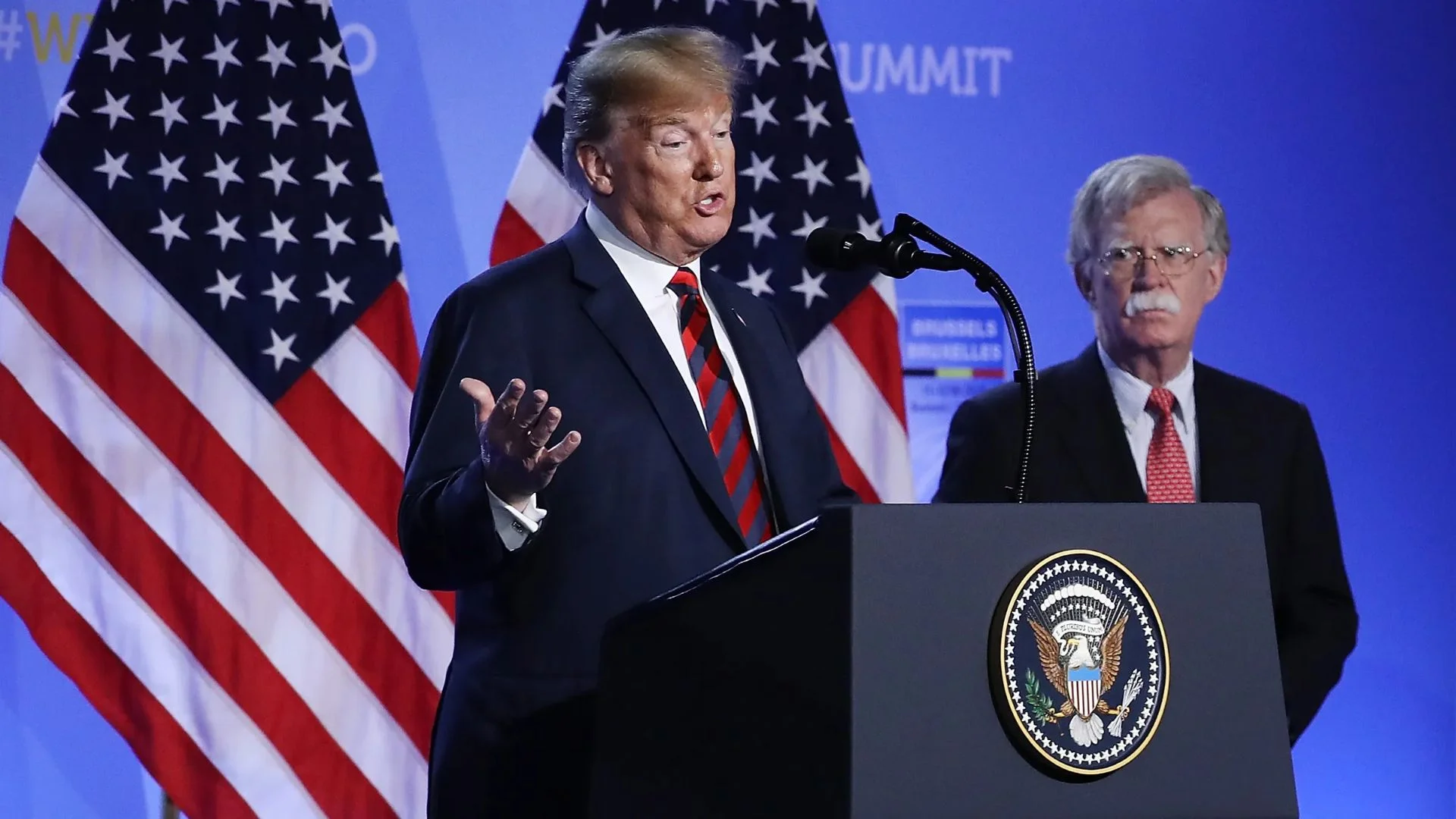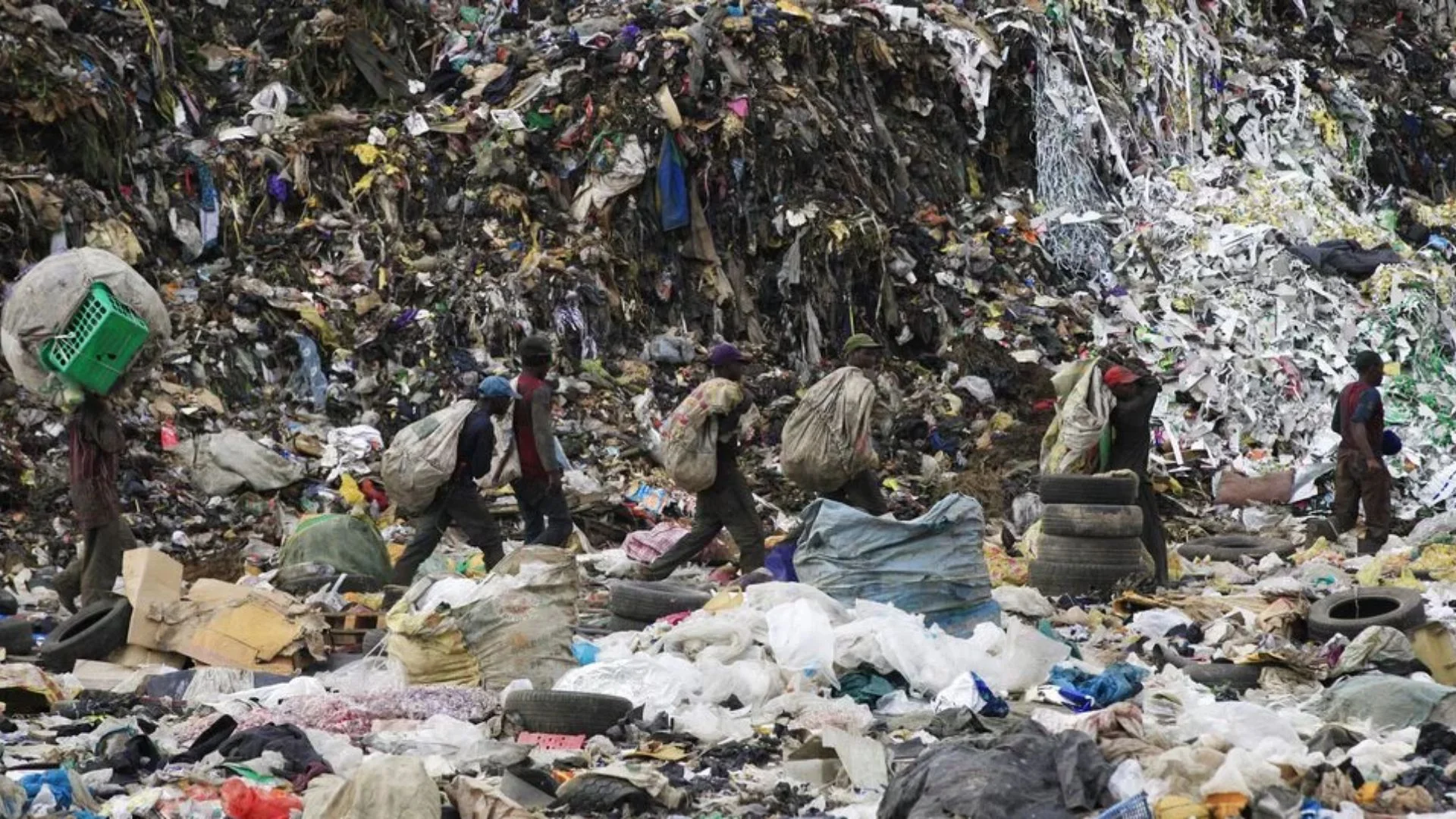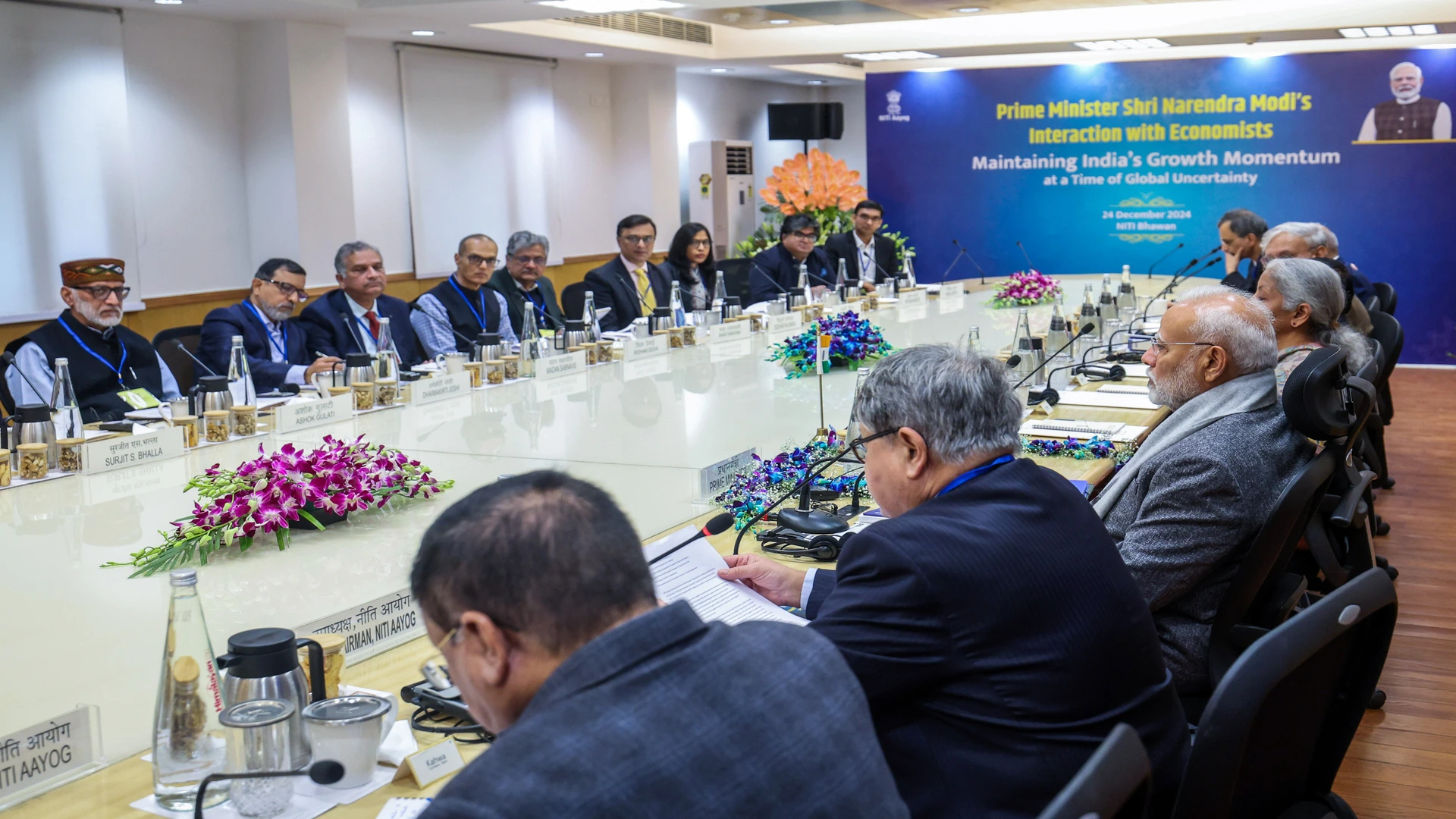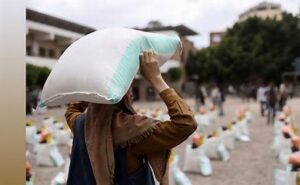India has declared its opposition to the Investment Facilitation for Development (IFD) proposal led by China at the World Trade Organisation (WTO). Sources from the Commerce Ministry confirmed that India will submit papers against this initiative, stating it undermines the WTO’s multilateral nature.
India’s Concerns with IFD
- Nature of the Agreement: India views the IFD as a plurilateral agreement that is not trade-focused and would bind only signatory members.
- Pending Issues: India insists the WTO resolve longstanding mandated issues, like a permanent solution to public stockholding for food security, before introducing new agreements.
Food Security: A Non-Negotiable Priority
India emphasizes that public stockholding is essential to protect the livelihood of its farmers and ensure food security. Aligning with 80 other countries on this matter, India has drawn a clear “red line” against compromising on these issues.
- India’s Farmer Subsidies: India provides $465 per farmer, a stark contrast to the $81,000 provided by the US.
- Global Impact: India argues that production-based subsidies by developed nations distort global trade, adversely affecting smaller economies.
Advocating Fair Fisheries Subsidies
India has also taken a strong stance on the fisheries subsidy framework. Ahead of the WTO General Council meeting on December 16–17, India proposed a per capita subsidy distribution criterion, emphasizing fairness for low-income nations.
- India’s Subsidy Levels: India provides a modest $35 per fisher annually, compared to $76,000 in some European countries.
- Permanent Carve-Out: India argues for an exemption for nations with minimal subsidies to protect their fisher populations.
Key Takeaways
- India is joined by four nations in opposing the IFD, while 128 countries, led by China, support it.
- The US has adopted a neutral stance on the issue.
- India will block any decisions in agriculture unless its food security demands are addressed.
India’s firm stance highlights its commitment to protecting the interests of its farmers and fishers while upholding the multilateral integrity of the WTO.

